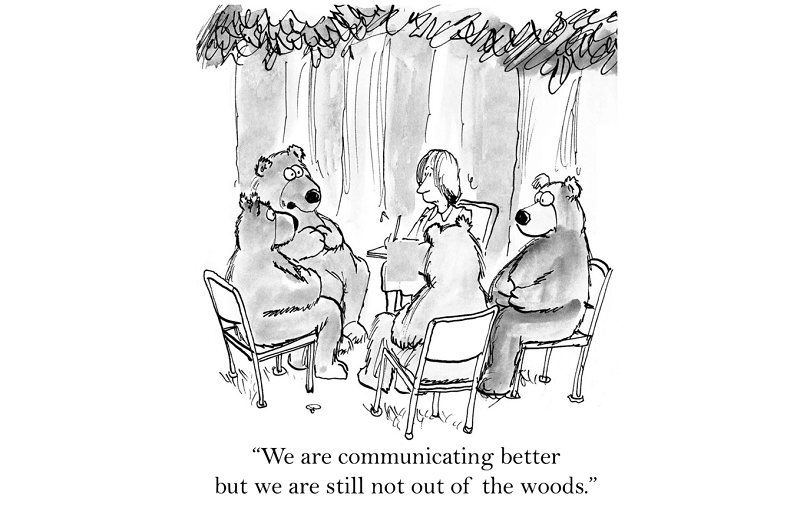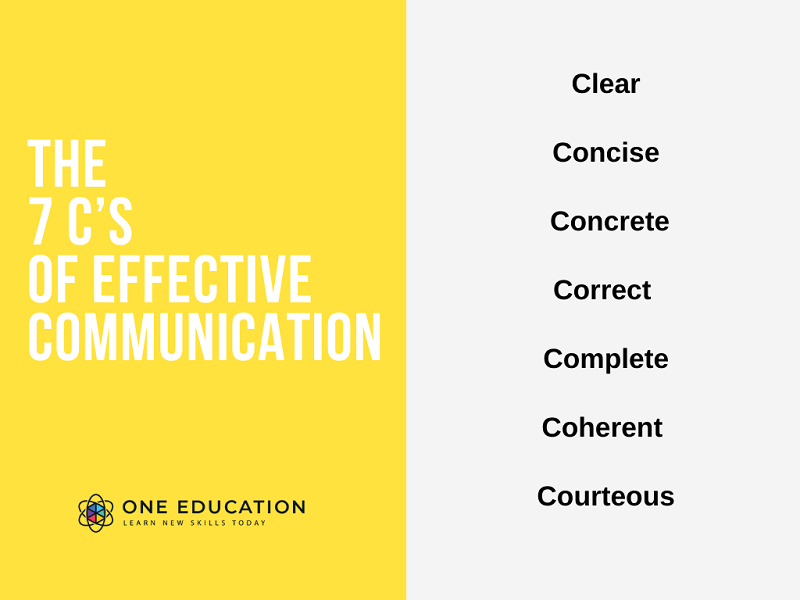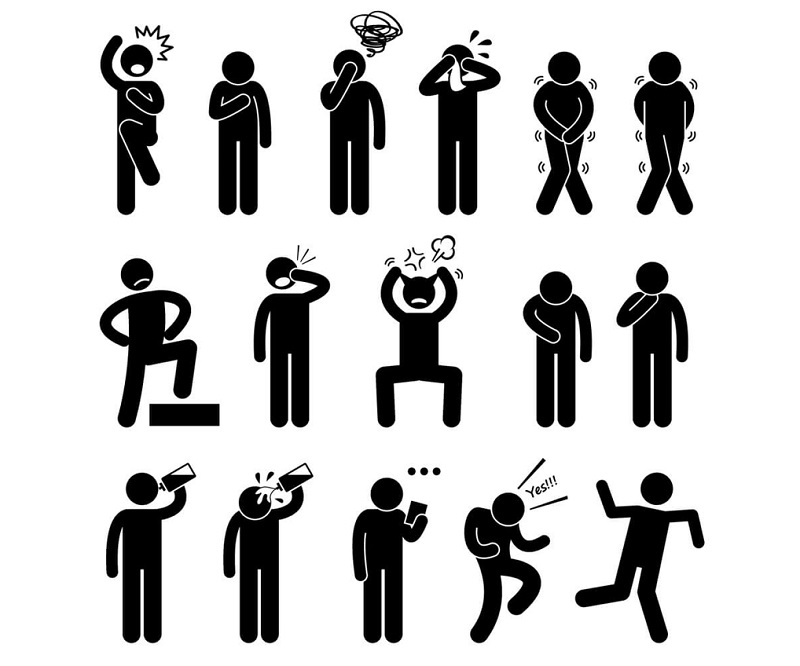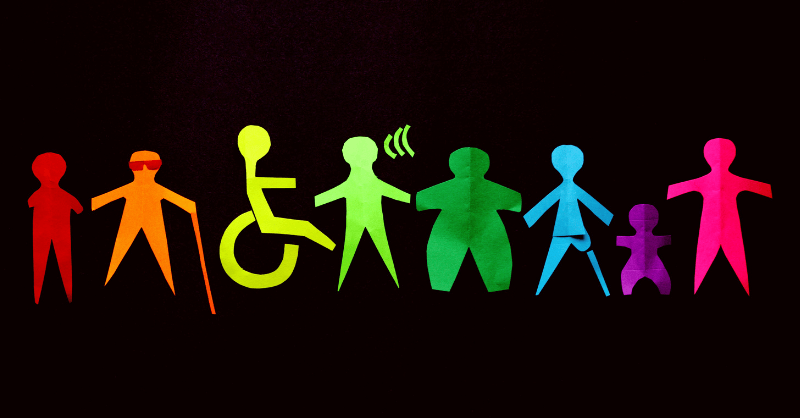How to Improve Your Speaking Skills in English?
Do not be afraid of making mistakes when improving your speaking skills. It’s okay. We all learn by making mistakes. Here are some tips to help you improve your speaking skills in English.
1. Talk to Native English Speakers
No matter how scary it sounds, it’s the most effective way to improve your speaking skills. Just remember why you want to improve your communication skills in English and how much you want it to get over your initial hesitation. Because it will be worth it!
If you have a native English speaking neighbour, invite them over to dinner. If you meet a tourist, strike up a conversation. And the secret to keeping any conversation going is to ask questions. Ask them about their dogs or cats, what hobbies they have, what they like to do in their spare time etc. But remember not to be rude or irritate them with too many questions.
2. Find a Conversation Partner Online
If you’re not comfortable speaking face to face with people, go online. There are millions of people all over the world who also want to improve their communication skills in English. You’ll find a lot of communities or groups of English learners on social apps or dedicated websites.
You can practise your speaking skills with your partner through audio calls, or you can skype them. Choose a time and media that works for both of you and help each other through your journey.
3. Offer a Language Exchange
Through language exchange, individuals connect who want to practice and improve their foreign language speaking skills. For example, suppose you speak Spanish very well, so you need to find someone who speaks English well and wants to learn Spanish. You’ll teach them to speak Spanish, and they’ll help you improve your English communication skills. This way, both you and your language exchange partner benefit from it, and you make a new friend!
4. Notice the Rhythm of English
Learning to speak well in English is not just about being grammatically correct. It’s also about the delivery – how you pronounce each word, how you convey a message. Because we don’t just express messages, we also express emotion through spoken communication.
So you have to notice carefully – how people’s mouths form each word, how they emphasise some words in a sentence. Notice the humour, decipher the sarcasm, the formality in their voice and tone. Learn how they add context to their messages through the ups and downs in their tone. Frankly, there’s a lot you can learn if you pause and listen to the rhythm when people are speaking.
5. Slow Down a Bit
Speaking fast doesn’t mean you’re good at communicating. For the most part, being good at speaking means people can understand you easily. But sometimes, when we get nervous, we tend to speed up to get it over with fast. That’s exactly what you shouldn’t be doing!
Slow down a bit and remember that clarity is key for effective communication.


 November 06, 2023
November 06, 2023

























